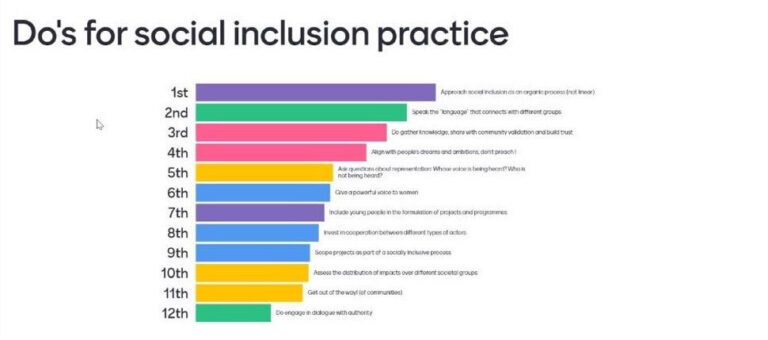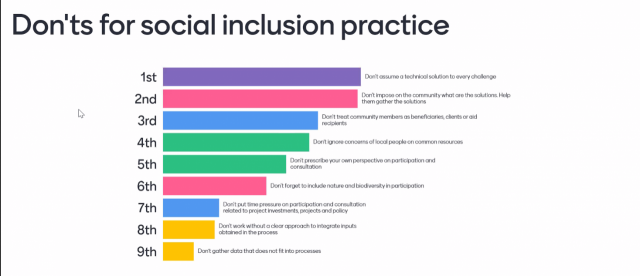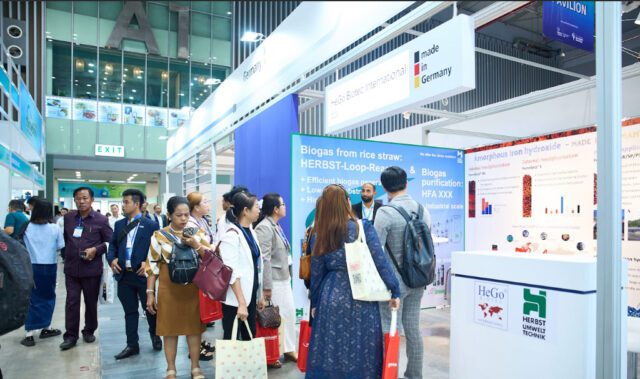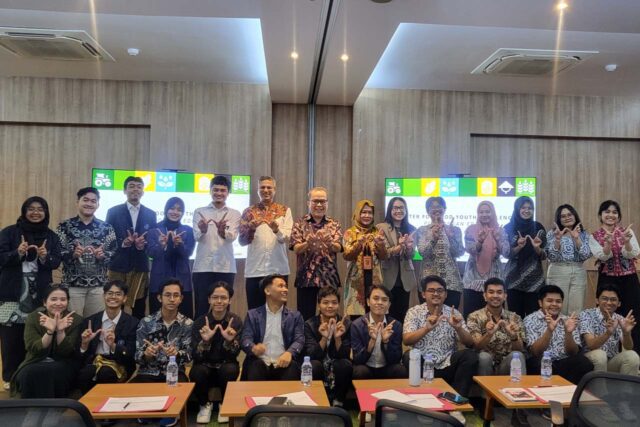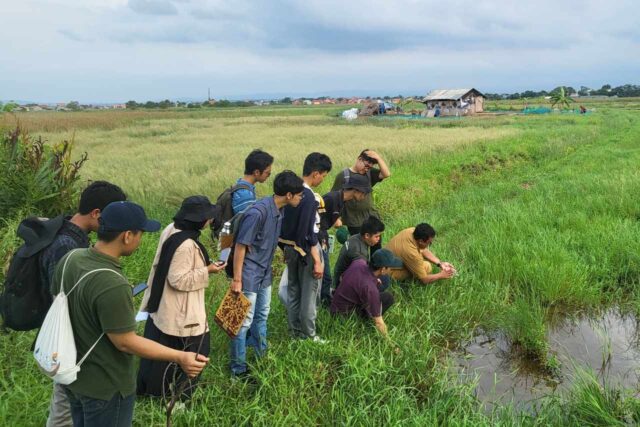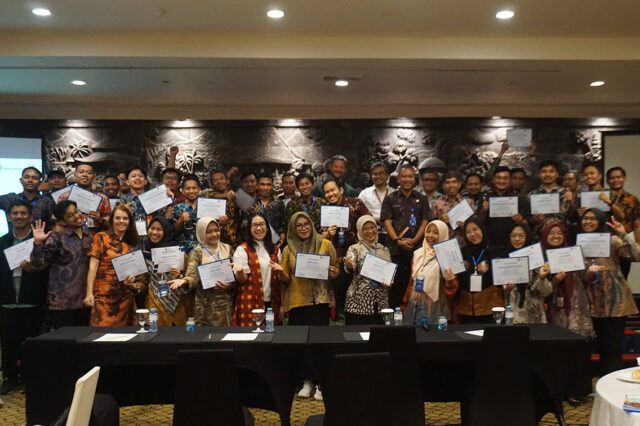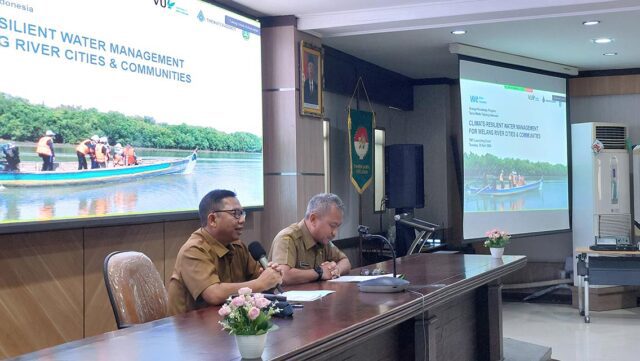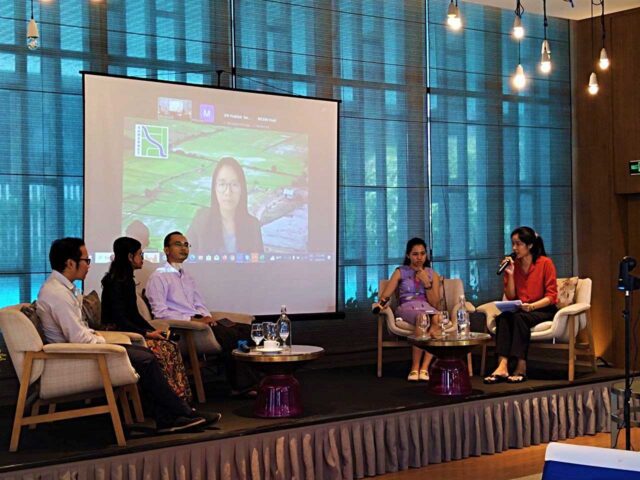Social inclusion is utterly important in water climate adaptation. As technical approaches are still dominant in development projects, the locals live in the vicinity are often limited to include their knowledge and experience in tackling climate issues. True value of technical knowledge and expertise can only be seen when connected with local knowledge, governance and communities.
On the other hand, to perform social inclusion in practice is extremely challenging and receives little attention. Therefore, investment in understanding local cultural and social context is crucial as well as engaging the locals organically to enhance inclusion and co-created solutions in water climate adaptation.
These notes coming from the inspirational session “Inclusive practices in water climate adaptation” during Stockholm World Water Week 2021 (August 23-27).
- Approach social inclusion as an organic process (not linear)
- Do gather knowledge, share with community validation, build trust
- Speak the “language” that connects with different groups
- Align with people’s dreams and ambitions, (don’t preach!)
- Ask questions about representation: Whose voice is being heard? Who is not being heard?
- Give a powerful voice to woman
- Invest in cooperation between different types of actors
- Scope project as part of a socially inclusive process
- Include young people in the formulation of projects and programmes
- Assess the distribution of impacts over different societal groups
- Get out of the way! (of communities)
- Do engage in dialogue with authority
- Don’t assume a technical solution to every challenge
- Don’t impose on the community what are the solutions. Help them gather the solutions.
- Don’t treat community members as beneficiaries, clients or aid recipients
- Don’t ignore concerns of local people on common resources
- Don’t prescribe your own perspective on participation and consultation
- Don’t forget to include nature and biodiversity in participation
- Don’t put time pressure on participation and consultation related to project investments, projects and policy
- Don’t work without a clear approach to integrate inputs obtained in the process
- Don’t gather data that does not fit into processes
Speakers of the session
- Stephanie Janssen, Deltares – Senior professional Social Inclusion & Nature-Based Solutions
- Audrey Legat – Deltares – Advisor Water governance
- Matthijs Zijlmans – Netherlands Enterprise & Development Agency – Programme Advisor
- Guus Schutjes – Netherlands Entreprise & Development Agency – Program manager
- Gregor Van Essen – The Water Agency – Managing Partner
- Karen Meijer – Deltares – Specialist – societal impacts of water scarcity
- Margaret Arnold – World Bank – Global Lead, Social Dimensions of Climate Change
- Annadel Cabanban – Wetlands International – Head of Office and Program Manager

